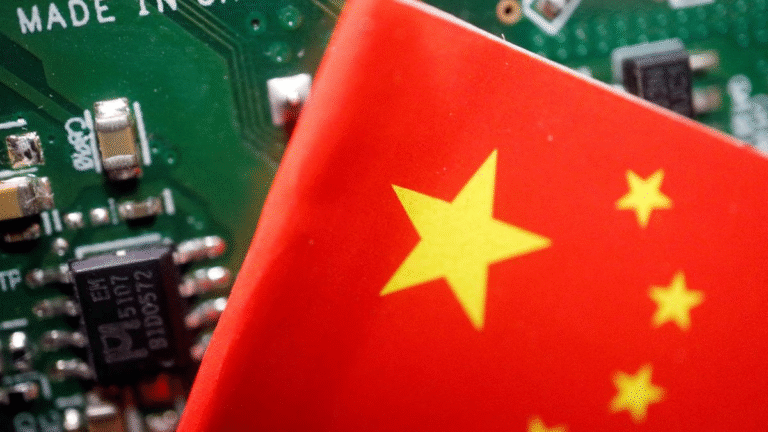
Pharma stocks hover flat as Trump signals steep tariffs on drugs by July-end. See how Biocon, Cipla, Natco, and others are reacting.

📈 Pharma Stocks Near Flatline After Trump’s Fresh Tariff Warning
Indian pharmaceutical stocks traded mostly sideways on Wednesday, July 16, 2025, even as U.S. President Donald Trump hinted at imposing new tariffs on pharmaceutical imports by the end of this month.
While this could have been expected to rattle the markets, early trading showed only modest movements in pharma counters on the Nifty.
At 9:20 a.m., the Nifty Pharma index was virtually unchanged, reflecting cautious investor sentiment amid potential long-term headwinds.
🗣 What Exactly Did Trump Say?
In comments that quickly made headlines, President Trump warned:
“Probably at the end of the month, and we’re going to start off with a low tariff and give the pharmaceutical companies a year or so to build, and then we’re going to make it a very high tariff.”
This signals a two-stage plan:
- Start with mild tariffs to incentivize domestic U.S. pharmaceutical production.
- Ramp up to tariffs as high as 200% for companies that fail to onshore manufacturing after a grace period of around 12-18 months.
Trump’s strategy is to push pharma giants to manufacture more in the United States, reducing dependence on global supply chains — a theme he has championed repeatedly.
📊 How Are Pharma Stocks Reacting in India?
Mixed Movements Within the Sector
Even with Trump’s tough talk, most pharma shares were hovering near the flatline:
| Stock | Movement at 9:20 a.m. | Notes |
|---|---|---|
| Biocon | +3.5% | Among top gainers on hopes of global supply shifts |
| Natco Pharma | +2.8% | Potential benefit from non-U.S. demand focus |
| IPCA Labs | +2.2% | Positive investor mood |
| Divi’s Labs | -1.3% | Profit booking dragging stock |
| Cipla | -0.8% | Slightly lower after recent highs |
The overall Nifty Pharma index was flat as gains in select stocks were offset by declines in heavyweights like Cipla and Divi’s.
🔍 Why Aren’t Markets Panicking Yet?
1️⃣ Indian Export Profile Offers Cushion
While Indian pharma does export heavily to the U.S., much of that revolves around generic drugs and active pharmaceutical ingredients (APIs). Analysts believe initial tariffs may largely target finished branded drugs, meaning Indian players could still retain cost competitiveness.
2️⃣ Timelines Allow Adjustments
Trump explicitly mentioned a “year, year and a half” grace period. This provides ample time for global manufacturers, including Indian firms, to strategize around U.S. demand.
3️⃣ Political vs. Practical
Some market strategists point out that such tariff threats often form part of larger trade negotiation tactics, and real-world implementation could be softer.
💼 What Does This Mean for Indian Pharma Investors?
Short Term: Volatility Likely
- Expect headline-driven moves, especially each time Trump or U.S. trade officials make public statements.
- Stocks like Biocon, Dr Reddy’s, and Cipla with significant U.S. exposure could swing the most.
Long Term: Strategic Shifts
- Companies may look to diversify away from over-dependence on the U.S. by focusing on Europe, Latin America, and emerging markets.
- This could also trigger consolidation or fresh capex in non-U.S. geographies.
📝 Quick Recap: Where Do Things Stand?
✅ Trump says pharma tariffs could start end of July, mild at first but may hit 200% later.
✅ Pharma stocks largely shrugged off immediate worries, with the Nifty Pharma index flat.
✅ Investors are watching carefully, given the crucial role of the U.S. market for Indian exports.
🚀 Bottom Line: A Sector to Watch Closely
Trump’s renewed tariff push has injected fresh uncertainty into global pharmaceutical supply chains. While Indian pharma giants appear resilient for now, any concrete policy steps from Washington could quickly change the game.
For long-term investors, this means:
- Stay diversified within pharma, balancing U.S.-heavy names with those focused on other geographies.
- Watch for quarterly management commentary from companies like Sun Pharma, Cipla, and Lupin, which often detail export risk management.






